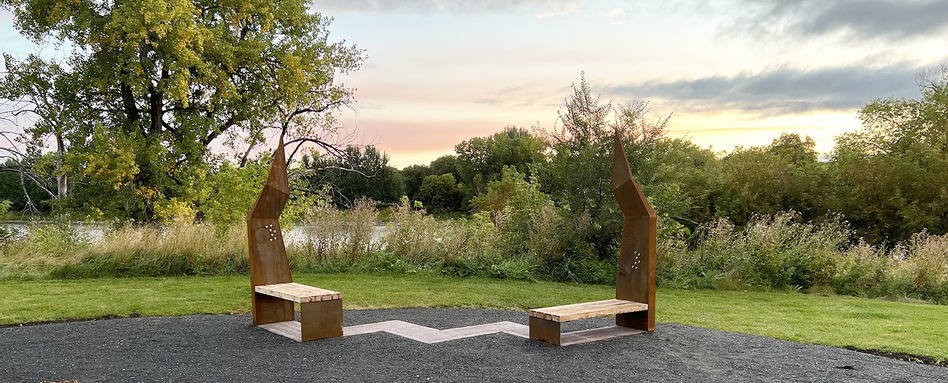Background
Trans Canada Trail has a made a formal Commitment to Reconciliation, and, to that end, has created a funding stream to support projects and initiatives led by Indigenous communities.
Note
- This stream is intended for projects amplifying Indigenous presence, history, knowledge and culture on and along the Trans Canada Trail.
- This stream is intended for projects supporting Indigenous reconciliation.
Eligibility
- All applications must meet the general eligibility requirements outlined in Section 2 of the Trail Funding Program’s Framework.
- Applications submitted must agree to meeting all applicable standards, codes, bylaws and regulations pertinent to the project and region.
- Applicants must provide valid proof of liability insurance, as it pertains to the section of the Trail where the project is taking place.
- Projects must be led by an Indigenous community, or led by a non-Indigenous group that is working in close partnership with an Indigenous group.
Financial support
Education, planning and consultation phases
Trans Canada Trail may provide financial support for education, planning and consultations, up to 35% of the eligible expenses. The maximum contribution for these types of projects is limited to $20,000.
All studies that receive a contribution from Trans Canada Trail must be a precursor to an implementation phase; however, an approved contribution for this phase does not guarantee financial support from Trans Canada Trail for the following phase of the project.
Implementation phases
Trans Canada Trail may provide financial support for the implementation phase of a project through this stream based on a percentage of eligible expenses. The maximum contribution amounts are limited to 35% of eligible expenses, up to $50,000.
Examples of eligible projects

The Speech Act in Winnipeg, Manitoba. Photo credit: Brook McIlroy
Eligible projects
- Preservation, revitalization and strengthening of Indigenous language through lexicon development (past example: Trans Canada Trail translation)
- Cultural expression and transmission through art along the Trail (past example: medicine trail)
- Community engagement and knowledge sharing (consultation about trail design or implementation, teachings along trail)
- Education, recognition and commemoration of the history and legacy of colonization and residential schools along the Trail (examples: interpretive signage, digital education, commemoration)
Administration
- Trans Canada Trail will work with applicants to ensure that the application process, the format of the contribution agreement, and the reporting structure are designed in a way that facilitates and supports the successful execution of the project. Alterations to the standard Trans Canada Trail process may include:
- Modified application and reporting format (e.g., phone reporting)
- Flexible reporting schedule (e.g., as an alternative to fixed reporting schedules, groups will commit to regular “check-ins” with Trans Canada Trail)
- Custom reporting schedule based on input from the group and what will work for them
- Flexible funding thresholds depending on the capacity of the group





